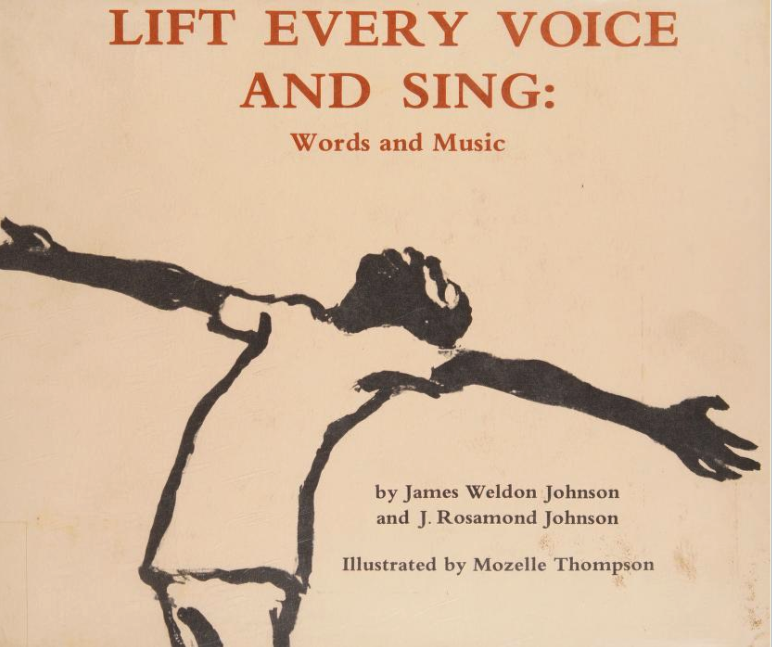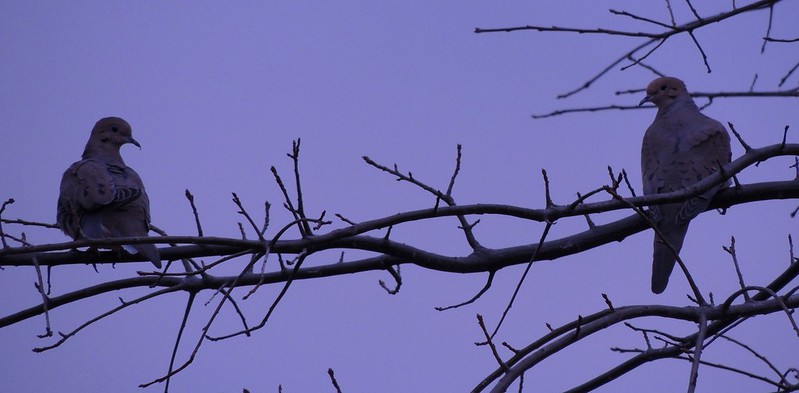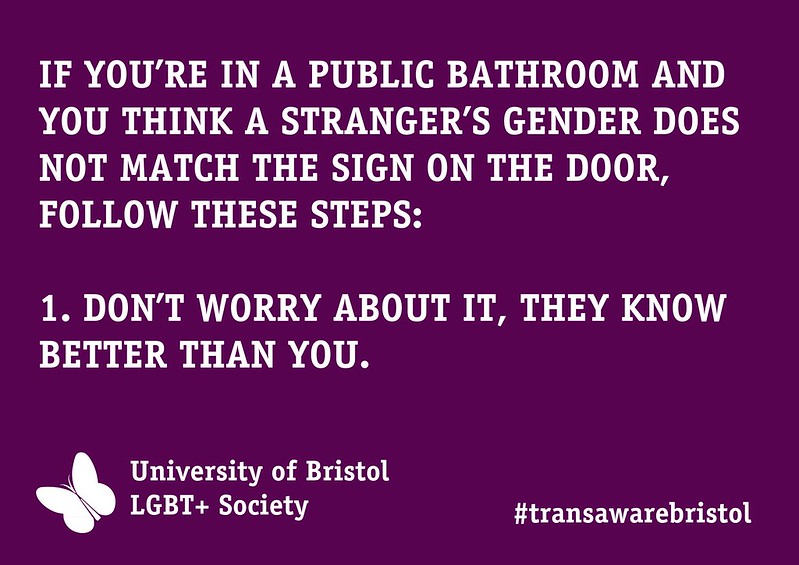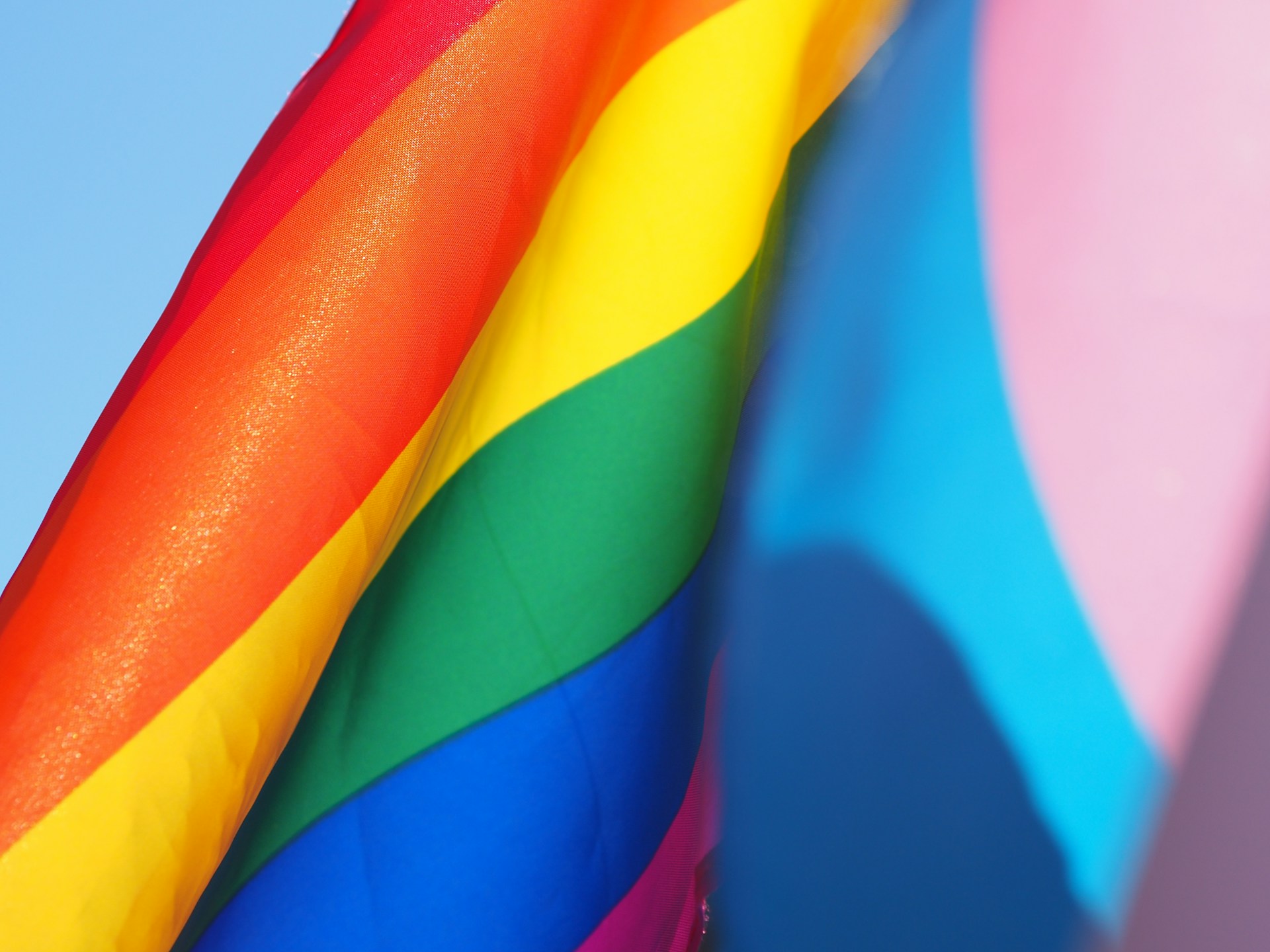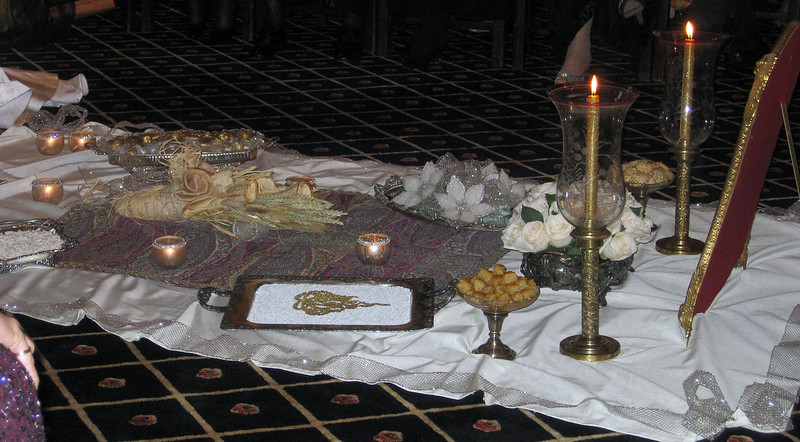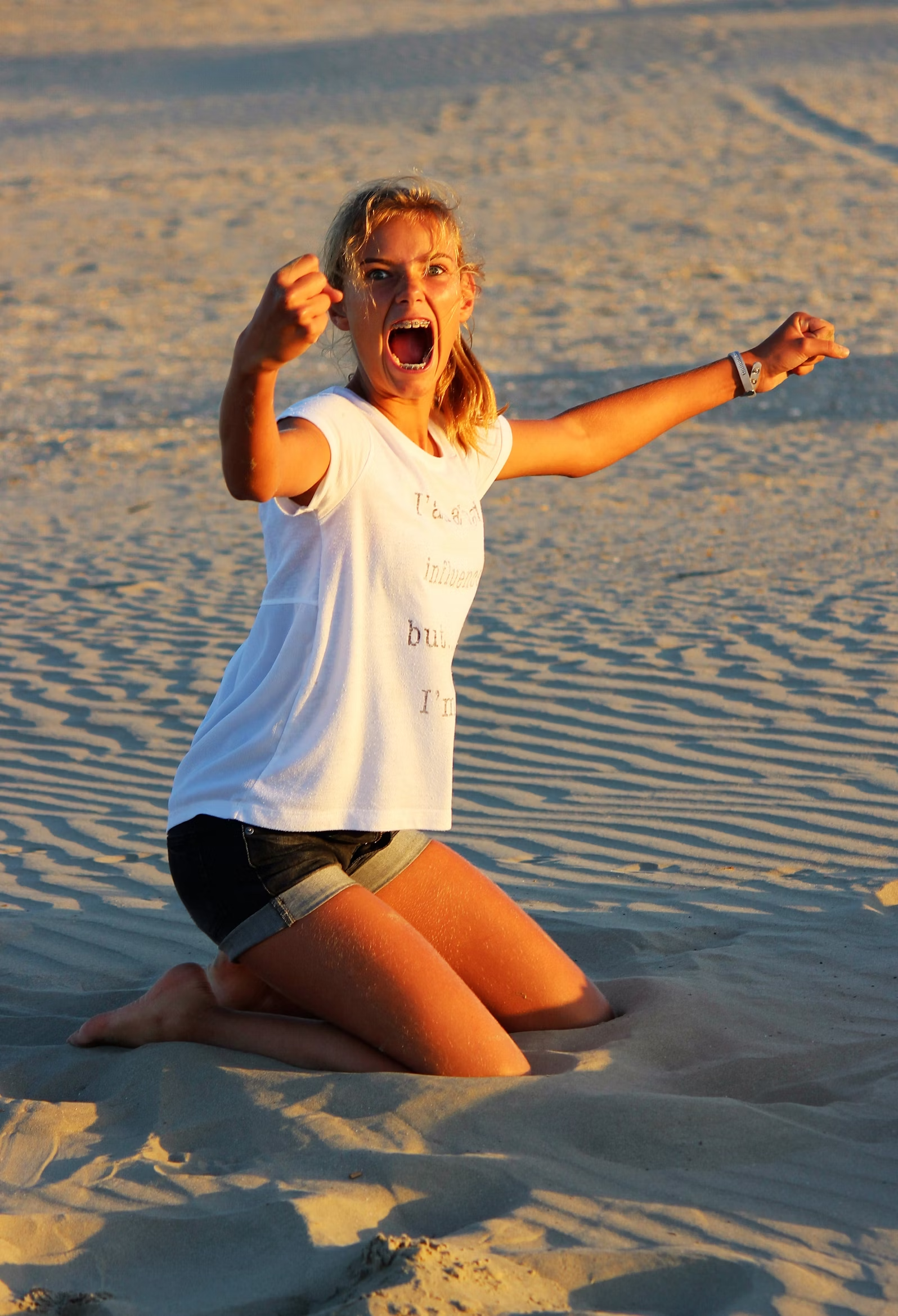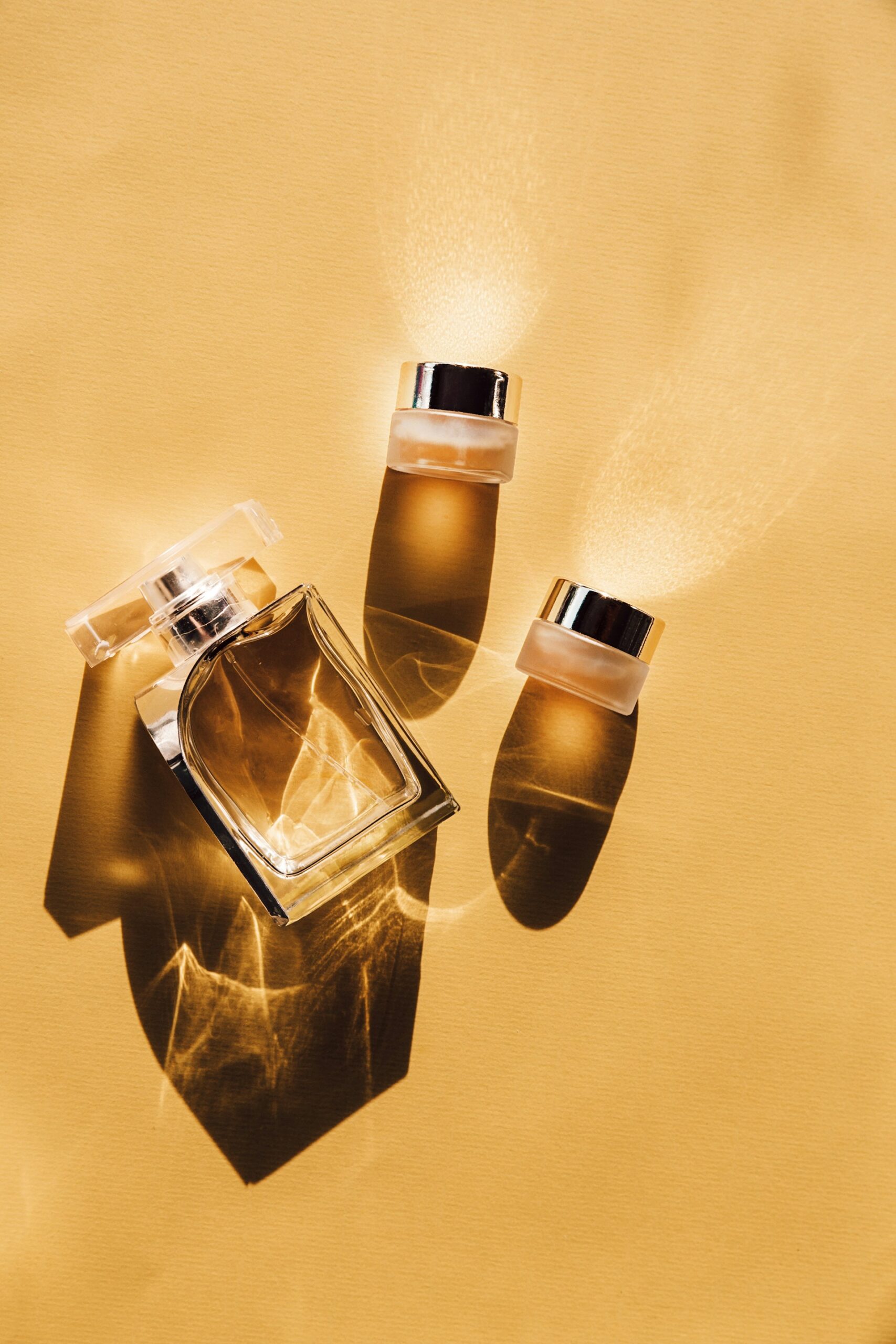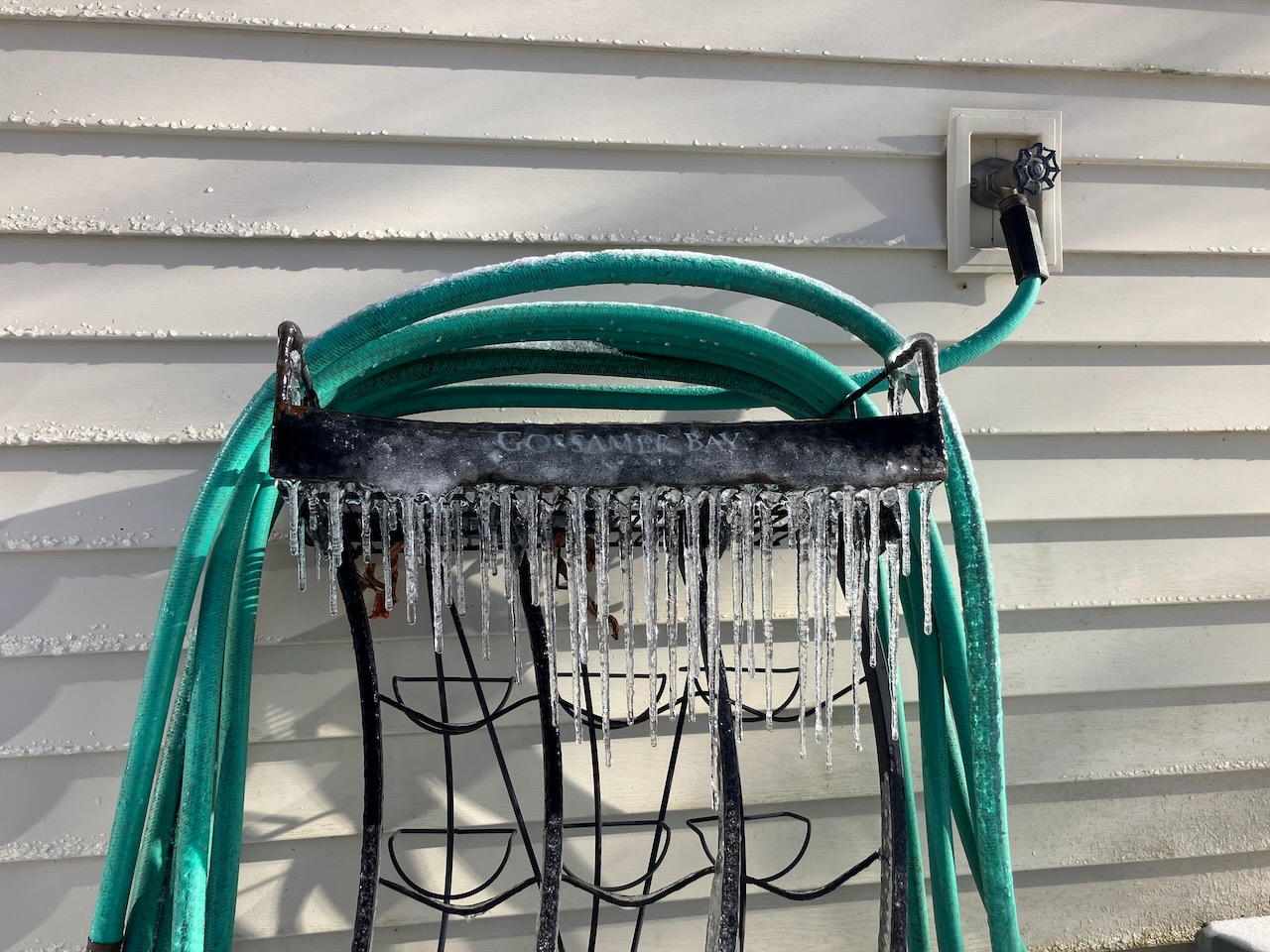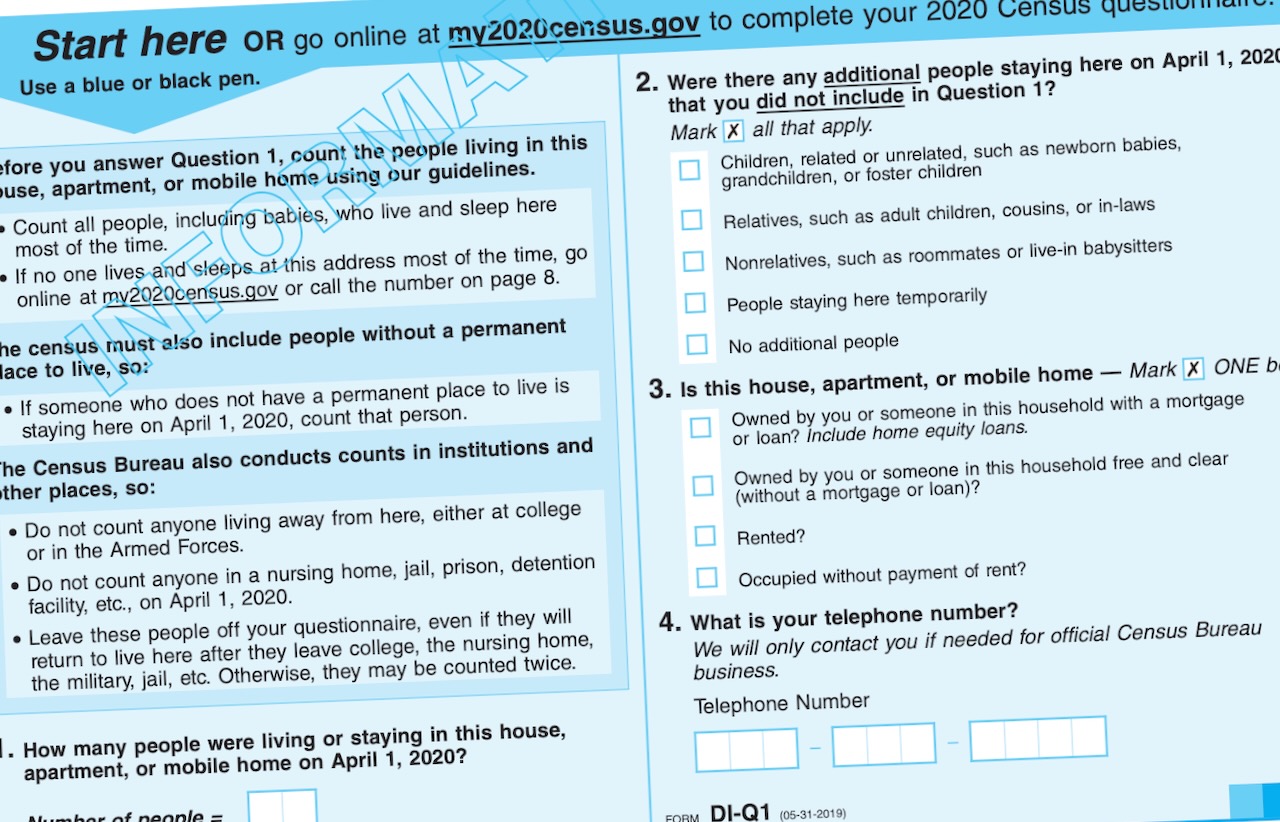Ya-Ting (Iris)
By Ya-Ting Yu
“Iris sounds like a grandma name,” Samuel said, frowning. His large rugby hands sank into his sweatpants when he saw my face. “You’re no fun. It’s just a joke. And, I mean, it’s true.” He stuck his tongue out and shrugged, the Fly Emirates logo stretching across his chest.
His nonchalance made it worse, as if it were common sense, and I was too sensitive for the humour.
“I didn’t know,” I mumbled, heading to the kitchen for a glass of water, not thirsty, just wanting to drop the topic. When we met, he’d been eager to share his background, his faith, bridging our religious differences. But language? That never crossed his mind; he’d only known one. Four years as his girlfriend, my hair still bristled like quills at any reminder of my ESL status.
I’d researched “Iris” during undergrad, oblivious to its cultural nuances, proud of my foresight in choosing a name tied to a flower and visual anatomy, perfect for a photography student hoping to break into the industry. My earlier, teenage naivety had surely amused Samuel and Valerie.
“So you named yourself Iris?” Valerie’s sharp voice snapped me back to my studio apartment, where an IKEA bookshelf and a three-seater grey couch framed the room. Lavender Febreze lingered, a poor attempt to mask the bitterness of Chinese herbal tea, an aroma I’d hoped would fade before they arrived.
Valerie stretched her legs under my Hudson’s Bay blanket, pedicured toes peeking out. “That’s pretty cool. I wish I could’ve named myself. Hey—give me a Mandarin name!”
“Y-yeah, definitely. I can look up some names, but, you know, in Taiwan and maybe other countries, we give ourselves English names starting from a young age. My Korean and Chinese friends do too. It’s just something we—”
“Really? Why?” Valerie’s brows pinched into an uneven M, mirroring her brother’s exasperated face.
I opened my mouth, but no words came. Despite a decade in an English-speaking country, I still lacked the vocabulary to explain my urge to assimilate. It wasn’t about Samuel. No, it had begun long before his offhand comment—the summer I registered for a Canadian public school, my first time moving to a foreign country. The summer I turned fifteen.
•
“Have you picked an English name?” my aunt asked in Mandarin, twisting from the passenger seat. Next to her, my uncle fiddled with the radio dial while my parents turned to me. In the back, my cousin and little sister listened to what I assumed were traffic reports crackling through the speakers.
Through the SUV’s windshield, I watched the horizon split into a cloudless sky and endless highway lanes. The Toronto skyline loomed, intimidating yet wistful, like a crush I’d only dared glimpse from the back of a classroom.
“Iris,” I said, biting my lip, surprised at my daring.
The name had circled in my head like the low hum of an overhead vent since our plane left Taiwan. Fifteen hours offered plenty of time to contemplate a new name between naps and in-flight movies. We arrived in Toronto in mid-summer to settle in and finalize my registration. When September came, my parents and sister would leave me to start my new life on a continent where no one spoke my language.
“Good. Then you’ll introduce yourself as Iris,” my aunt announced with an approving nod. “Remember, prepare a self-introduction. You’re here to improve your English. So don’t go making friends with other Mandarin speakers.”
”Hao,” I responded like an obedient student, the word less a reply than a promise. I vowed to learn Canadian ways, speak their slang, and make my international tuition a worthwhile investment. I’d seen enough North American high school series to know how to blend in.
Yet, a new life needed a new name. Iris was a girl I admired at my cram school in Taipei. Although we attended the same English class twice a week all year, we weren’t friends, just classmates. I’d watch her from the corner, envying her dancer’s figure, perfect egg-shaped face, and wavy black hair, sometimes tied in a ponytail, sometimes braids. When she passed by, I’d sniff the air to identify her shampoo brand.
At cram school, I was Jenny, a name given by my elementary school teacher. I hadn’t objected; it felt special to have a foreign name. Only later did I realize how many Taiwanese girls were named Jenny, like guava in the grocery store, too common to catch anyone’s interest. It wouldn’t do. For my new school, I needed a less generic name, one that broke with my thick glasses and pudgy face. Iris was my new skin—a revised version, a 2.0.
Then, on that first day in the Canadian school, I wanted to hide in the washroom. I didn’t understand a word of the group activity. While my rehearsed introduction had gone without my throwing up, I hadn’t anticipated the teachers’ accents, quick pace, or the singing of the national anthem. My eyes darted as I tried to mimic the sounds on their lips. But no amount of High School Musicals and Taiwanese cram schools could’ve prepared me for this.
At least adopting an English name had made me my first friend, a non-Mandarin-speaking Iranian girl, with a tingling laugh and clear speech. She had accepted Iris as my name without question.
•
Now, Zahra’s hijab-wrapped smile stayed with me as I surveyed my studio. Would she understand? To me, it was as instinctive as picking up food with chopsticks, a survival strategy to take on a name others could read, say, and accept.
Across the floor, Samuel unfolded his legs, stood, and padded to the fourteenth-story balcony. He tsked, squinting at the pouring rain. To me, the rhythmic pusha pusha was oddly soothing. Silhouetted against the eerie brown sky, he turned to me.
“I don’t understand. Ya-Ting is an easy enough name to say.”
I parted my lips but didn’t correct his intonation. Samuel had practiced my Mandarin name when we first started dating, but it never sounded quite right. His initial interest faded into irritation. Over the years, other non-Mandarin-speaking friends had tried, but the tones in Ya and Ting dipped, then rose, unlike the syllabic stress of English. Saying my name meant speaking another language: Forget your norms, flex your tongues, and repeat after me.
•
“Ya-Ting Yu?”
I’d cringed at the sound of my full name through my Canadian teachers’ lips. Before preferred names became a concept, I’d written Iris in brackets on the attendance sheet, a hint for future references. The teachers seemed to sigh in relief, shoulders sinking imperceptibly, spared the challenge of pronouncing it. A non-English-sounding name felt isolating, like being singled out because your lunch was a pork bun instead of an avocado sandwich. My dark eyes, yellow skin, and fobby clothes brought from home couldn’t be helped, but my name was an identity I could reshape at will.
“Is it Yu or Ya? Which is your last name?”
I didn’t blame the teachers or, later on, the bank tellers and driver’s license officers. In Mandarin, family names come first. My name appeared as Yu Ya-Ting on my passport, spelled out below the Mandarin characters, a reminder of the group-over-individual mindset I grew up with. Serve the family before satisfying personal wishes. We before me. Had it started here, my desperate need to belong to the Canadian community? So ready was I to shed my Taiwanese label that I even considered changing my passport name to Iris. At least then, I wouldn’t have to answer those awkward questions at government offices.
•
Pusha pusha. The steady sound of water filling the Brita was comforting. In the kitchen, Samuel thudded over and slung an arm around my shoulders. “When we’re married, you’ll have a new last name—my last name.” My face warmed. I snuggled closer to his chest, the Fly from his jersey logo sticking to my cheek.
Though surname adoption in Taiwan was already a thing of the past, I’d always dreamed of taking his name, a way to cement my reinvented identity and secure my place in his white family. They seemed superior in every way, from physical stature to social standing. I never argued when they dismissed my tradition of ancestral worship or questioned their applause when I was baptized as Christian. So why hesitate to take their name?
From the couch, Valerie groaned about excessive PDA. I sprang back, brushing off a lingering unease, the kind you chalked up to overthinking, reminiscent of that first barbecue invitation from his family.
•
It was the Labour Day weekend after I’d graduated, my introduction to his congregation of relatives. His parents, siblings, aunts, and cousins clustered around in patio chairs, the air thick with laughter, smoke, and the aroma of sizzling chicken. Samuel’s uncles rotated shifts at the barbecue, catching the tail end of grilling season. Behind them, a forest of half-turned maple trees framed Lake Ontario, a time for family gatherings, though mine were an ocean away.
“Iris’s real name is Ya-Ting,” Samuel threw out casually after we’d all said grace, waving a skewer between mouthfuls.
“Don’t tell them,” I whispered, nudging him to stop. The only Asian at the table, I prayed to blend in like weathered patio furniture, not stand out like a neon bottle opener left on the table.
“Ya-Ting?” his mom echoed, confusion tightening her gaze as a spoonful of mashed potatoes halted mid-air.
Before other relatives jumped in with more questions, I waved my hand like wafting at an unpleasant odour. “Ignore him. Just Iris. By the way, this mash is so creamy. Did you put milk in it?”
His mom gave me a knowing look and leaned in, grinning while she revealed her sour cream recipe. I feigned interest, nodding and wowing on cue, but the hair on my neck rose, an instinct against his endless, innocent jokes. Perhaps I’d curled up too long, afraid of any prickle. Knocks came, but shame fixed me in place, my sharp spines a safe barrier against any curiosities, genuine or otherwise. No escape. I’d already swallowed the keys to the exit.
•
The sound of the overflowing Brita jolted me, though my mind felt dazed, still in the shadowy corner of my brain. I rubbed my temple, tuning out Samuel and Valerie in the apartment while I rummaged through the fridge.
A chill spread. My fingers landed on a buried, expired avocado, its scabby skin dark and soft under my thumb. I pulled it out, massaging the peel away. Inside, no part was redeemable.
“What’s that smell?” Samuel and Valerie called.
I bristled, wiggled my nose, and watched my shadow on the tiled wall grow quills. The reeking scent. My mouth. The taste was no different from a fresh avocado, creamy and melted on my tongue. At the back of my throat, their approval and my self-betrayal bubbled. I gulped some water and forced it down, determined to be every bit Iris, rotten or not. Skin to seed, my fantasy had become—I’d become.
•
Years later, people were too polite to ask, but they whispered behind my back, surprised, even outraged, that I’d ended my eight-year relationship with Samuel. I surprised myself too, at how I’d done it, by cheating. But I’d been living a lie for years: a false name, a misguided belonging. With each laugh alongside his family, the corners of my mouth grew stiff, like a poster girl trained to please. In the end, I forsook Samuel the same way I had myself, not out of malice or disregard, but as a last act to reclaim what I’d lost.
I remember his parting words: “Goodbye, Ya-Ting. That’s your real name. At last, something real about you.”
Those words haunt me, like his familiar hand on my shoulders, heavy, insistent. Shushing me, shoving me back into my self-inflicted prison, “liar, cheater” stamped on the walls. His fingers, once a loving gesture beneath my hair, now dig into my collarbones, an aching reminder of my sins, no matter the aliases I carry.
Today, if you ask, I have a complicated relationship with that hyphen. Sometimes, I write it as Yating and wonder how long I can keep up the pretence. This morning, however, I feel as though I’m uncurling, gently nudged by a friend whose smile recalls Zahra’s from high school, open and steady.
My best friend since moving to Edinburgh, Greta is on a mission to find the best kardemummabullar, a Swedish cardamom bun. We’re seated by the off-white Victorian window frame, watching Bruntsfield’s weekend brunch-goers bask in the start of Scottish warm weather, when she slides her pocket-sized notebook across the cafe table.
“How do you write your Mandarin name?” she asks.
I pick up her pen and ink the two characters, now foreign to my hand. “Ya is written with the tooth character next to this straight spine character. Together, they mean grace or elegance. Ting, here, has a girl and a gazebo. Don’t ask why,” I grimace, and a chuckle escapes. “But together they imply beauty.”
I slide her notebook back, then steal a glance. Greta doesn’t laugh or joke about the implications. She nods, earnest brown eyes glistening, the colour of her half-drunk coffee in the cardamon-scented nook.
“The characters are beautiful. Like paintings, not words,” she murmurs, gliding across them with slender fingers as if feeling the texture, each glossy black stroke etched into the crisp paper. Her touch softens the sharp edges, easing the stiff lines.
I study her and push back my chair, a feeling sticks in my throat. “I’ll . . . just get another bun. You want anything?”
Greta shakes her head, brunette strands falling over her face. I release the breath I’ve been holding and walk to the pastry counter, blinking away the sudden moisture behind my metal frames.
From the queue, her outline swims, bent over the notebook, pen gripped as though tracing my name onto a fresh page. Something mechanical clicks. A lock gives way. The hedgehog unrolls, stretches, and I lift my head to the April sun.
Ya-Ting Yu is a Taiwanese writer based in Taipei with roots in Toronto, Canada, and Edinburgh, Scotland. She recently earned a master’s in counseling from the University of Edinburgh and has since turned her focus to fiction and essays. Her work explores the lives of East Asian expatriates and international students. This is her literary debut.
Photo credit: stilinberlin via a Creative Commons license.
A note from Writers Resist
Thank you for reading! If you appreciate creative resistance and would like to support it, you can make a small, medium or large donation to Writers Resist from our Give a Sawbuck page.

